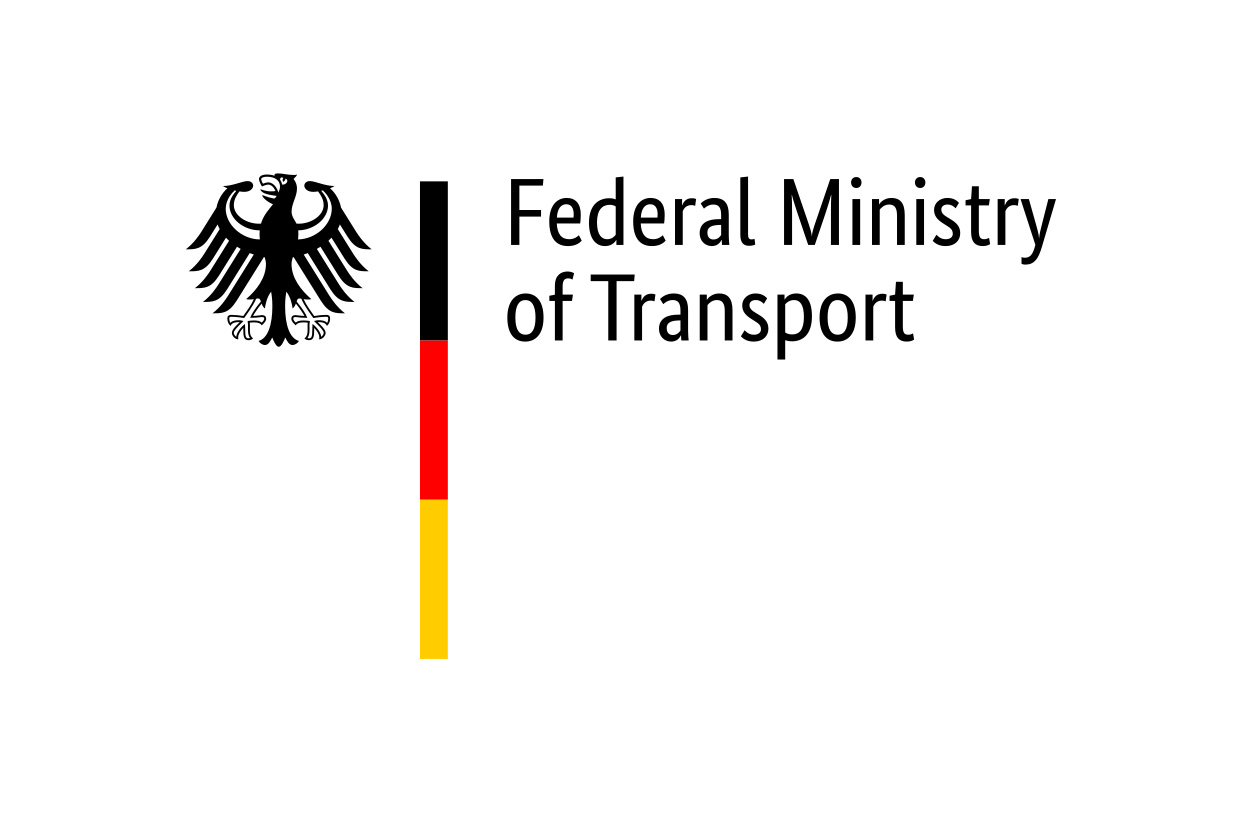Conference-Foreword
Dear Sir or Madam,
On behalf of the five organising associations, I am delighted to welcome you to the 23rd International Conference on Renewable Mobility, ‘Fuels of the Future 2026’, at CityCube Berlin on 19 and 20 January 2026. You can look forward to an exciting in-person programme with 15 highly topical sessions.
Over the past 22 years, the International Conference has established itself as the leading event for the European biofuel industry and, at the same time, as an important discussion forum for the development of renewable mobility. In 2026, we again expect around 700 participants from over 30 countries. The focus will continue to be on technological openness as a central strategy. With over 70 specialist presentations on current industry developments, political and legal frameworks, innovations and international market potential, the conference once again offers ideal opportunities for exchange and networking. As usual, the event will be held in two languages (German/English).
The motto of the conference is:
‘Fuels of the Future 2026 – Ignite the turbo, take off with renewables’.
It makes it clear that the pace must be significantly increased in order to achieve the ambitious climate protection targets, especially in the transport sector. The diversity of renewable fuels is essential to achieve immediate and effective climate protection. The right political framework conditions are crucial to significantly accelerate market ramp-up.
An important lever is the current draft law on the further development of the greenhouse gas reduction quota (GHG quota). The planned measures to combat fraud and the extension to air and maritime transport are steps in the right direction, but the proposed reduction of the cap for biofuels from cultivated biomass from 4.4% to 3.0% remains counterproductive in terms of climate policy. Instead, the 5.8% limit permitted under EU law should be exploited to the full in order to secure existing climate protection performance. This is not about more biofuels, but about compensating for the expected decline in total energy consumption in transport. In addition, the late timetable makes implementation by 1 January 2026 practically impossible.
The climate protection targets for transport therefore require a technology-neutral incentive system that allows for all sustainable options: biofuels from various raw materials as well as electric mobility, e-fuels and biogenic hydrogen. At the same time, a comprehensive fuel strategy for the entire transport sector is needed. While there are already numerous concepts for expanding renewable electricity generation, there is no comparable overall concept for the fuel sector. Such a concept must provide for increasing shares of renewable fuels, for example by approving E20 when E5 is no longer used as a protective grade, or by specifically promoting biodiesel in the form of B20/B30 and B100.
These challenges arise not only at national level, but also in Europe and worldwide. It is therefore important to make consistent use of the existing solutions. Sustainable biofuels such as biodiesel, bioethanol and biomethane, as well as other innovative renewable fuels, are the backbone of greenhouse gas reduction in the mobility sector. They offer practical solutions for road, heavy goods and freight transport, aviation, shipping, agriculture and forestry, and local public transport.
The ‘Fuels of the Future 2026’ conference is the ideal place to advance these topics together. Take advantage of this opportunity to identify current developments and trends at an early stage, actively shape future markets and network personally with experts from all over the world.
We look forward to your participation!
Yours sincerely,
Marlene Mortler
Chair of the BBE Executive Board













